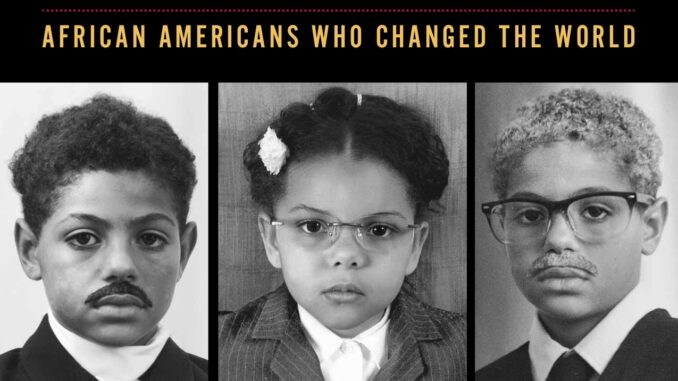
By Javier Sarmiento Jr.
The annual NABJ Authors Showcase spotlights works that are creating a buzz and offers writers the opportunity to gain advice and insight from renowned authors.
The following participants spoke to the NABJ Monitor on the inspiration for their work, the rising interest in Black literature amid a racial moment, the challenges they face and what struck them most being an author during a time when history seems to be repeating itself.
Deborah D. Douglas, author of U.S. Civil Rights Trail: A Traveler’s Guide to the People, Places, and Events That Made the Movement
On how the past year, given the pandemic and racial injustice, affected readership of Black stories:
“There has been renewed interest in understanding more about American history and Black history and understanding our current condition. Actually, if anything, I feel fortunate that my book came out at a time when people are interested in me, to the extent that I have challenges as a Black author, I think that Black authors have the same challenges as Black journalists and you know, fighting to understand how to maybe move through the world and how we need to tell the story and how we need to enter our community into the story and not talk about the community, but talk to the community.”
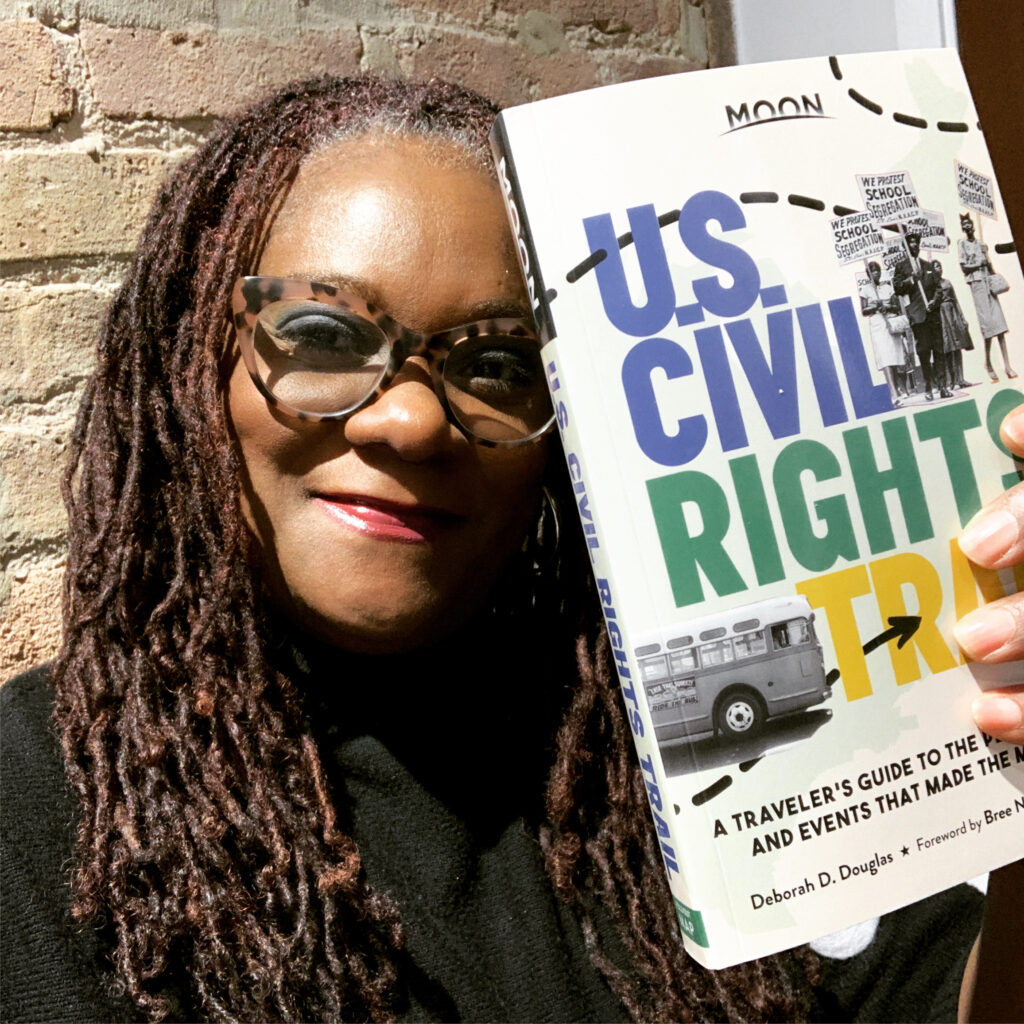
On the inspiration to write her book:
“I had a window of relevance and that‘s what inspired me to write it. In 2018, a group of several travelers designated an official Civil Rights Trail in the South and so on. My first book ever followed the official trail in the South. That doesn’t mean that the civil rights movement did not occur in other places around the country. It’s just that my book follows the South and the official trail designated by Travel South and other travel agencies. It actually starts in Delaware and it goes as far west of Kansas and it goes to Louisiana and Florida. But in my book, I chose better places to capture a cohesive narrative of the civil rights movement. “
How she estimates the past year has impacted the sales of her book:
“I think that it’s in the wake of George Floyd, Breonna Taylor and so many others, but there is a resurgence, of course, that I’ll say there has been renewed interest in understanding more about American history and Black history and understanding our current condition. Now, whether in 2021 that level of interest has changed, you know, they have a high level I can’t be sure of, but I hope so. I hope that anybody who was encouraged to learn more about the Black experience and about structural racism in our society and how society is actually structured for some people to win and for some people to lose, I hope that they’re maintaining their level of interest to learn about that today.”
***
Wanda S. Lloyd, co-editor of Meeting at the Table – African American Women Write on Race, Culture and Community
Why the George Floyd murder was the primary reason for writing her book:
“Tina McElroy Ansa (co-editor) and I had a conversation right after the death of George Floyd, and we were in a lot of pain emotionally about the way he was killed, about the protests that were going on across the world, about some of the violence that was going on in Minneapolis. We were just in a lot of pain and we had a conversation about what we should do because we were both authors. Tina was a novelist and has published five novels. So, we decided “why shouldn’t we write a book?” That’s something we could do. And we came up with the idea for this book and to get other women to write essays in the book. And so what we did is we edited the book. We did not write the book. Tina wrote the introduction and I wrote a chapter in the book.
On the challenges she faces as a Black author:
“One of the challenges that I face is getting publishers and agents interested in the content. It is very difficult for Black authors. It was very difficult for me because I think I didn’t have an entry into the network of agents that see the value of my memoir. So when I say it was difficult for me to get agents and publishers closer to signing a contract, they didn’t give me an opportunity because my memoir was available to the public before the death of George Floyd. So, all of a sudden, George Floyd’s death came about, it hurt me, I should say. A lot more people in the book industry were interested in the book, but by that time I already had a publisher, so my work was out, barely out. But that was my challenge personally which correlates with my book “ Meeting at the Table -African American Women Write on Race, Culture and Community “ because the book was published by Tina. She also has her own coach, from Down South Press, so we didn’t have to find a publisher for books basically.”
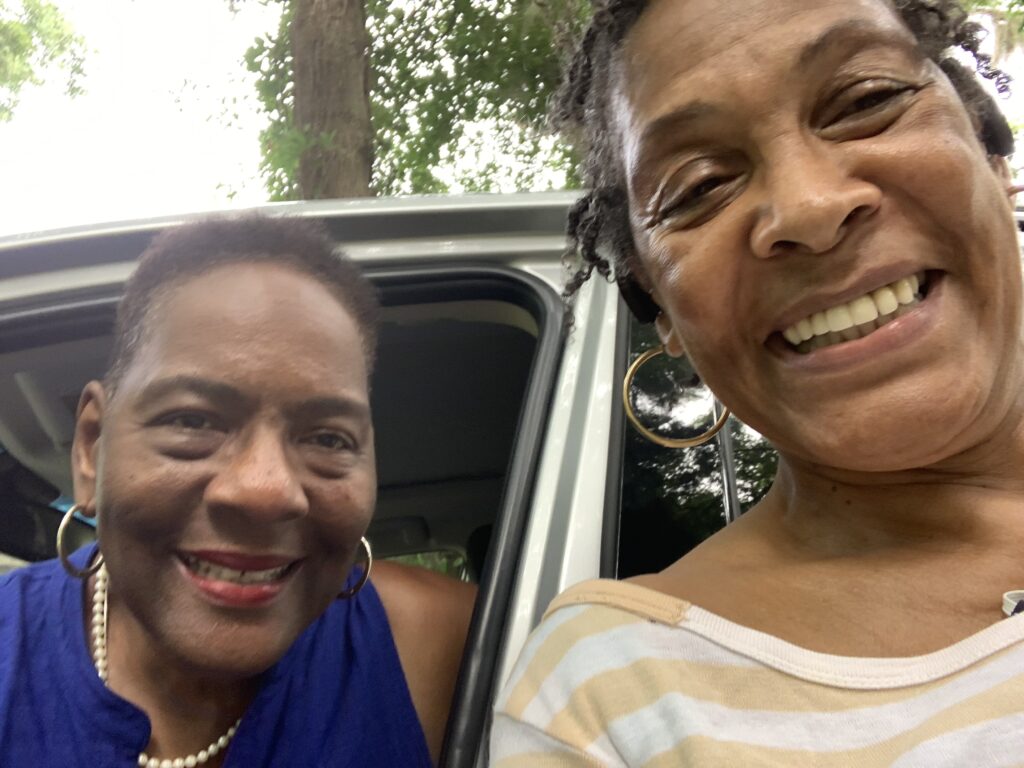
How the pandemic and racial justice movement of the past year impacted her book sales:
“In the sense of readership, I can tell you that Tina and I, my co-editor, launched an aggressive virtual book tour. We knew this was not to go on the road because this book was during COVID. It was written, edited and published during COVID. So we are very comfortable with the amount of repetition it is getting. We’ve spoken to so many groups such as book clubs, and universities and so many organizations open in the literary centers that are looking for content like ours, they are looking for content that address issues of race and culture. They are looking for content that has women involved. We are speaking in a few weeks to a group of women and journalists because I am a journalist, Tina was a journalist early in her career. And so we’re really excited about this with the diversity that is racial.”
***
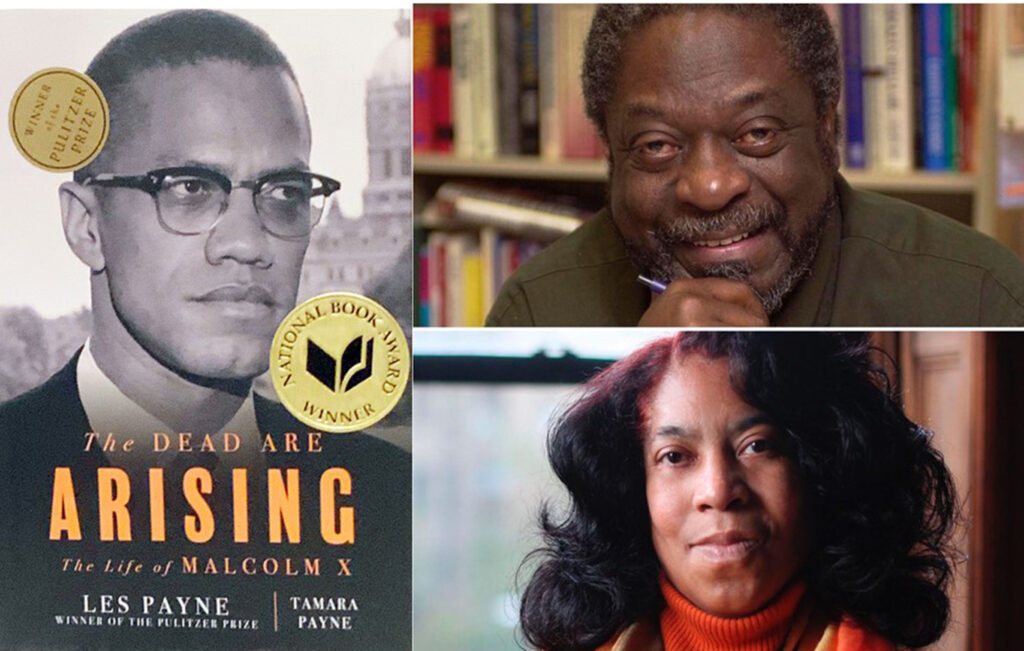
Tamara Payne, author of The Dead Are Rising: The Life of Malcolm X
On her inspiration for writing the book:
“It was basically that it’s important to get down some stories out there and putting in the context of American perspective, and getting a glimpse of Malcolm’s childhood, family and sharing information here, then also putting that into what we were able to learn from investigative journalism of interviews that anybody who knew Malcolm X and who Malcolm X was to them, what they saw about the experience getting those stories together. A lot of stories about Malcolm X have been really through the speeches. People analyzing what he said and what he told was very important to us. If you listened to what Malcolm X said 60 years ago, this is important today. Unedited. He is looking to advance in some of the issues today. And that’s kind of sad because it shows how far we have not progressed.”
***
Rochelle Riley, author of That They Lived: African Americans Who Changed the World
On her inspiration for writing her book:
“I want adults to read this and understand and not block kids from things they can be because you don’t think they can do it, because look at where all of these kids are, you know what they grow up to be. For example, Muhammad Ali was 12 years old, and someone stole his bike. He became the world’s greatest boxer, but not just that, one of the world’s greatest men. So that’s why I did it. And that’s what I want people to take. I’d love to somehow get it in the hands of every child in America.”
On the challenges she faces as a Black author:
“I face the same challenges that anyone who is not a white male faces. There is an instant belief in what people write if they are white and have a penis. And what you do is not let that deter you from continuing to speak your truth, continuing to do your job by continuing to make a difference. We have got to make people understand that there is no one truth. There is no one opinion. There is no one way that the story should be told. And as long as we continue to fight for that, we will have actual, real, fully balanced stories instead of myths that are determined by a small group of people who happen to have more money.”
In her estimation, how the past year regarding COVID and racial justice movement impacted readership of Black stories:
“That’s a really good question because one of the things that ‘s been true over the past six years is that we have really gotten a sense of what true leadership is supposed to be, what it is and what it isn’t. Whether you’re talking about those who write literature or those who write about the news, we have seen people step up in ways that they needed to. We have seen what horrible leadership looks like and the true leadership. True courage has come from those who are willing to step up in various ways when things are wrong, whether they’re writing and speaking out about things or whether they’re stepping up to address things. So for political leaders who are willing to be courageous and take a stand against what’s wrong or whether it’s people who are writers stepping up to point out what’s right, This is the time where everybody has to participate. We have a recognition of the pandemic that Black folks have lived in for centuries.
The full list of NABJ Authors Showcase participants:
Gloria Browne-Marshall, She Took Justice: The Black Woman, Law, and Power
Denny S. Bryce, Wild Women and the Blues
Alois Ricky Clemons, INBOUNDS
Wayne Dawkins (NABJ Founder), Emanuel Celler: Immigration and Civil Rights Champion
Jarvis DeBerry, I Feel to Believe
Deborah D. Douglas, U.S. Civil Rights Trail: A Traveler’s Guide to the People, Places, and Events That Made the Movement
Ava Thompson Greenwell, Ladies Leading: The Black Women Who Control Television News
Derrick Z. Jackson, The Puffin Plan
Nancy Johnson, The Kindest Lie
Vivian King, When the Words Suddenly Stopped
Wanda S. Lloyd and Tina McElroy Ansa (co-editors) Meeting at the Table, African American Women Write on Race, Culture and Community
Les Payne and Tamara Payne, The Dead Are Arising: The Life of Malcolm X
Jackie Scott-Bell, Bullyanna
Gary Washburn and Marc Spears, The Spencer Haywood Rule: Battles, Basketball, and the Making of an American Iconoclast
Reggie Williams and Jarrett Bell, Resilient by Nature
L. Michelle Smith, No Thanks: 7 Ways to Say I’ll Just Include Myself, The Remix

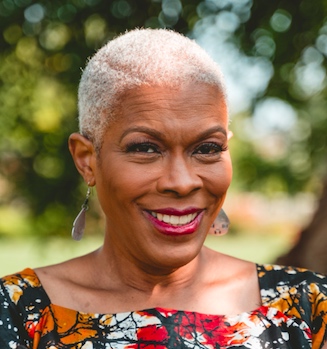
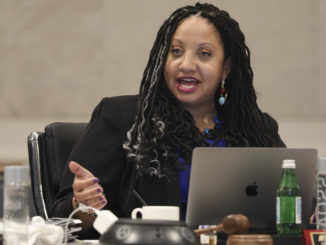

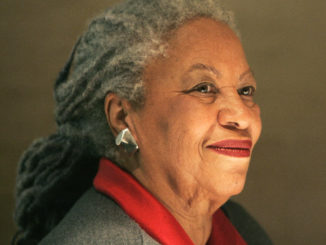
Be the first to comment